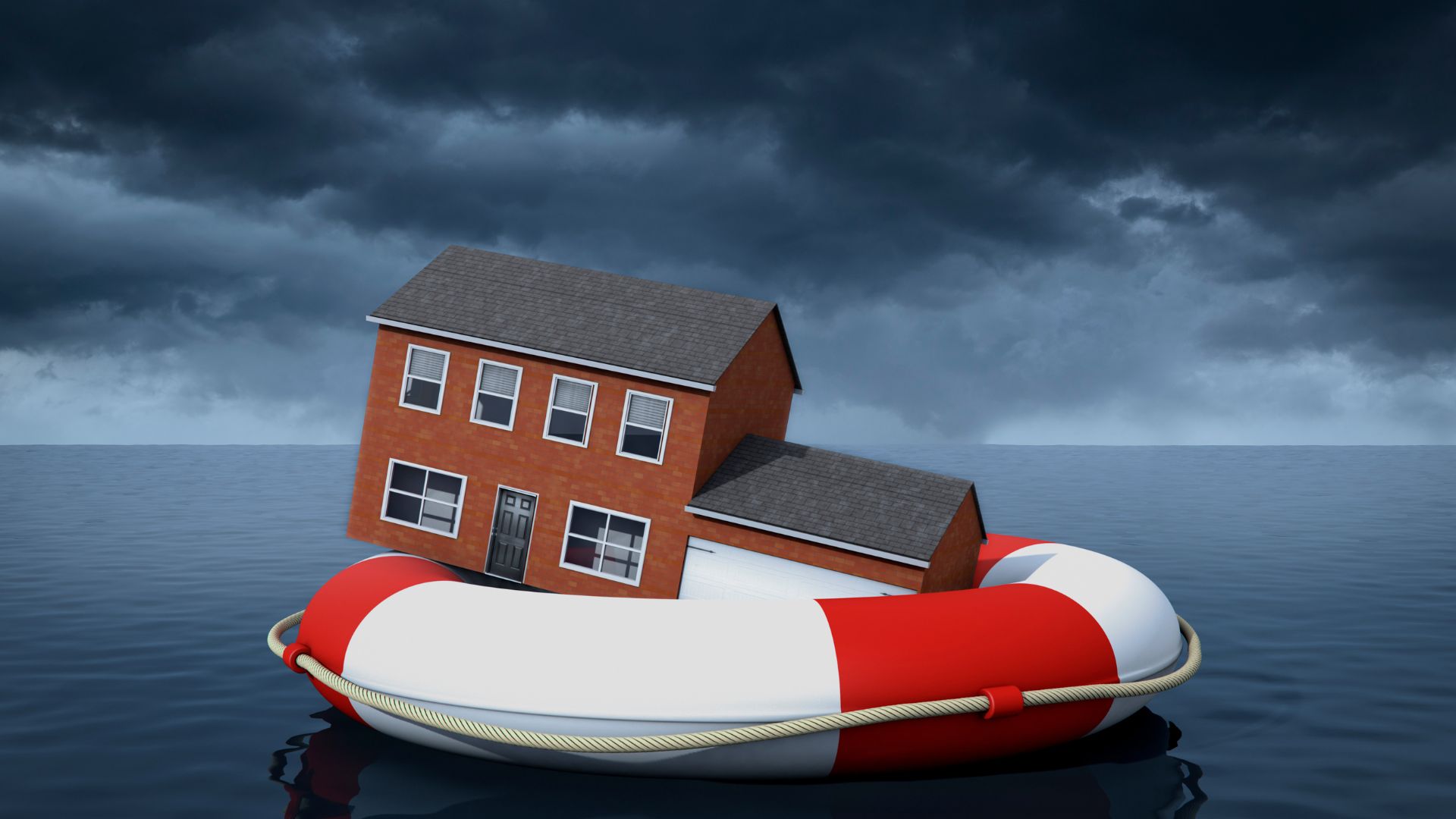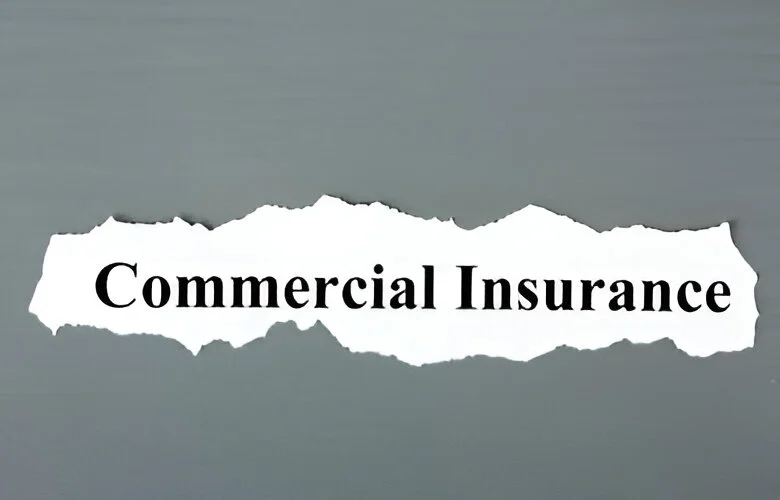Importance of Flood Insurance: Why Standard Policies Don't Cover Flood Damage
Standard property insurance policies often exclude flood coverage due to the highly destructive nature of floods and the potential for massive financial claims. These policies are generally designed to cover more common and less expensive types of property damage, such as fire or theft.
Floods, on the other hand, can cause large-scale destruction that results in significant repair and rebuilding costs. For insurance companies, the risk of such large payouts can make providing flood coverage unfeasible within a standard policy. This exclusion leaves property owners financially vulnerable, should a flood occur.
Not having specialized flood insurance can have severe financial consequences for property owners. In the event of a flood, without proper coverage, property owners are often left to bear the cost of repairs or rebuilding which can be exorbitant. Worse yet, if the property is deemed uninhabitable due to flood damage, owners might face the additional cost of temporary relocation. For these reasons, understanding the importance of flood insurance and adequately supplementing standard insurance policies with specialized flood coverage is crucial.
Evaluating Your Flood Insurance Coverage: Assessing Your Policy's Adequacy
- Understand your policy's coverage limits: Review the maximum amount your policy will pay out in the event of a flood. Ensure that this amount is sufficient to cover the cost of repairing or rebuilding your property.
- Examine the deductible: Your policy's deductible is what you'll have to pay out of pocket before your insurance kicks in. Make sure that this amount is affordable for you.
- Check for exclusions: Some policies may exclude certain types of damage or assets from coverage. Make sure you know what these are and consider whether you need additional insurance to cover these exclusions.
- Know the flood risk of your location: If your property is located in a high-risk flood area, your coverage needs may be different than if you are in a low-risk area. Ensure your policy adequately covers the specific risks associated with your location.
- Review policy at regular intervals: Flood risk can change over time due to environmental changes, new construction, or changes in local flood control measures. Regular policy reviews can help ensure your coverage continues to meet your needs.
- Understand policy renewal and claim process: Knowing how to renew your policy and file a claim in the event of a flood is crucial. Make sure you're comfortable with these processes.
Act now to safeguard your future. At Reith & Associates, our team of seasoned insurance professionals is always ready to assist you with comprehensive flood insurance policies tailored to your specific needs. We invite you to reach out to us today to learn more and ensure that your coverage is robust and up-to-date. Don't wait for the floodwaters to rise. Contact us now and let's secure your peace of mind together.






.png)





.jpg)
.jpg)

.jpg)




.png)
.png)








.png)







